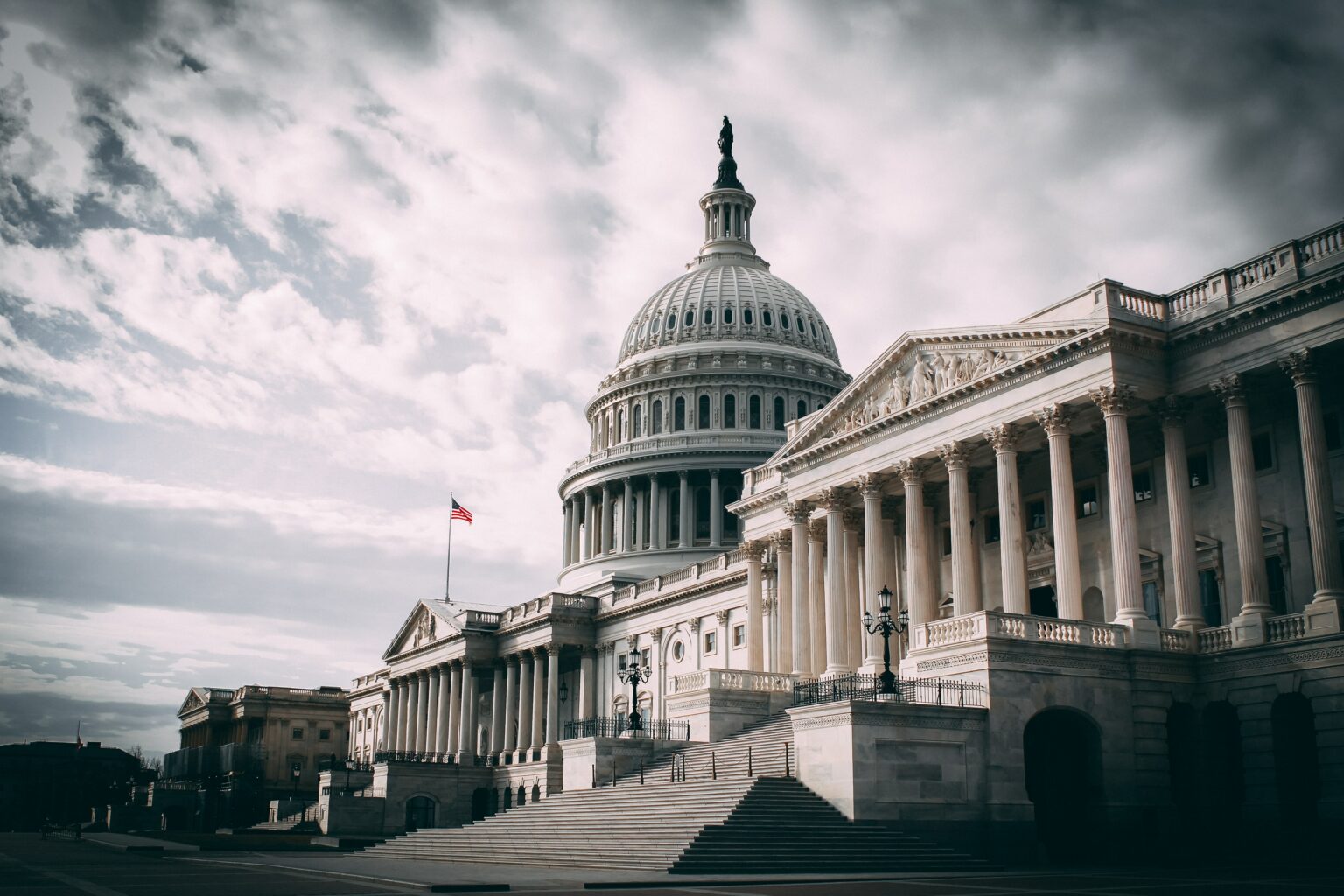Since returning from August break this week, some Republicans in the Senate have been brushing off threats by their House colleagues of shutting down the government at the end of the month.
House lawmakers do not return until September 12, and are set to meet over just 11 legislative days between then and the end of the month in order to pass a short-term stopgap measure proposed by Speaker Kevin McCarthy (R-CA) to keep the government funded beyond its September 30 midnight deadline.
Despite the far-right House Freedom Caucus releasing a list of demands before its roughly 50 members—about 22% of the House—support funding the government, some leading Republican Senators, like John Cornyn of Texas, are telling reporters that “nobody wants to shut down.”
“I think it’s better to figure this out before the end of the fiscal year and rather than engage in that sort of self destructive behavior,” Cornyn said earlier this week.
His colleague, Sen. Mitt Romney (R-UT) this week questioned the Freedom Caucus’ strategy. “The question should be what comes after you shut down the government?” he posited, adding, “And of course, we reopen it at great expense, great inconvenience for the American people, and have accomplished nothing other than making a big noise.”
By contrast, some members of the House Freedom Caucus are embracing the prospect of a shutdown.
“Eighty-five percent or so of the government continues to operate, and most Americans won’t even miss it, Rep. Bob Good (R-VA) said last month.
All 12 bills necessary to fund the government were passed by Senate negotiators before lawmakers left for August recess. Senators are set to vote on a first tranche of legislation—a so-called “minibus”—next week.
House GOP negotiators have passed 10 of their 12 annual funding bills out of committee so far, and the full House approved appropriations to fund the military and Veterans Affairs before August break. However, House Republicans scrapped plans to pass an agricultural funding bill before leaving Washington last month.
None of the spending legislation crafted in the GOP-led House is expected to get any Democratic support after Republicans marked up their appropriations bills at lower spending levels than those agreed to by President Biden and McCarthy earlier this year.


